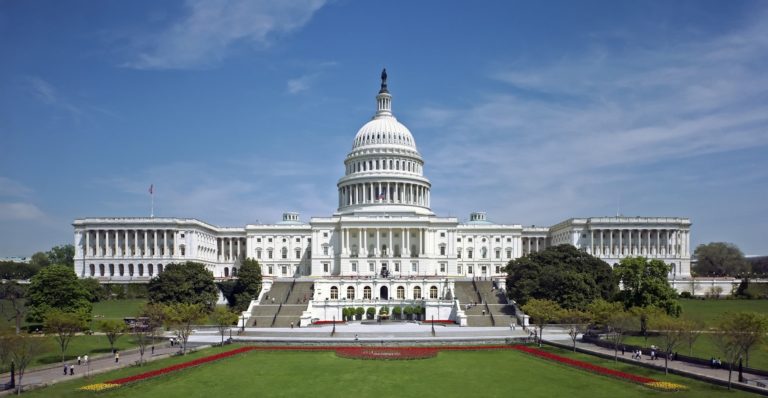Congress sold out rural citizens and their communities | Dive Into Democracy
By: Larissa Liebmann

On Friday, the President signed into law the fiscal year 2018 spending package, narrowly avoiding another government shutdown. The package does not include most of the bad environmental riders that we have been tracking and opposing. It also keeps funding for EPA at the current $8.1 billion, rejecting President Trump’s proposed 30 percent cut.
Unfortunately, at the very last minute, some Senators snuck a rider into the Senate’s funding bill that mirrors S. 2421: exempting concentrated animal feeding operations (CAFOs) from having to report their hazardous air emissions. Despite the demonstrated health impacts to people that live, work, or go to school near CAFOs, many Senators decided to compromise on this issue and voted to move the bill forward.
In a matter of 48 hours, this rider removed protections that Waterkeeper Alliance spent ten years fighting for in the courts. Now, CAFOs will no longer be required to report their hazardous air emissions under CERCLA, even if they are releasing substances like ammonia or hydrogen sulfide at levels that cause serious health issues for nearby communities. Unless and until we can convince future lawmakers to undo this dangerous decision, citizens will be in the dark about the hazardous substances they breathe in from these facilities.
Budget riders are a disingenuous, unfair way for Members of Congress to pass unpopular bills into law. Because budget negotiations often happen behind closed doors, it is difficult to hold Members of Congress accountable for introducing and supporting bad riders.
Led by Senators Tom Carper (D-DE) and Deb Fischer (R-NE), senators on both sides of the aisle supported this harmful rider, demonstrating that protecting the interests of large industrialized agriculture companies was more important to them than protecting the health of small farmers and rural communities. People that live near CAFOs — often in low-income and minority communities — can be severely impacted by dangerous substances are being emitted into the air they breathe from the massive quantities of animal waste stored at CAFOs. The federal government will not know when hazardous air emissions from CAFOs present severe public health risks and when action is needed to address those risks.
Members of Congress need to hear that it is unacceptable that they caved on this amendment and put the health of vulnerable communities around the country at risk. Please consider calling your Members of Congress, or even better, see them in person, as many will be back in their states and districts during the March 26 to April 6 recess. See whether your elected officials supported efforts in the House of Representatives and the Senate to put rural communities at risk, and let them know:
- I am a constituent – I live in [CITY, STATE];
- I understand that Senate bill number S. 2421, called the FARM Act, was inserted into the federal budget as a last-minute rider;
- Because this rider was left in the spending package, the federal government will not have access to information necessary to address hazardous air emissions caused by CAFOs;
- It is disturbing that Members of Congress decided it was acceptable to jeopardize the health of communities to advance a spending package;
- This is a clear example of why budget riders are a deceptive, unfair way to legislate;
- Members of Congress like Senators Carper and Fischer should not be able to hijack the budget process to promote special interests and weaken public protections; and
- Please stand up against the harmful practice of budget riders and the erosion of public health protections.
[CongressLookup]